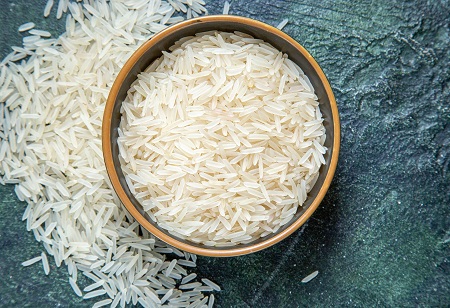
India to Resume Rice Exports to Singapore

 On August 29, the Ministry of External Affairs announced that the country had decided to allow rice exports to Singapore. According to the ministry, India and Singapore have a very close strategic partnership characterized by shared interests, close economic ties, and strong people-to-people ties. "In light of this special relationship, India has decided to allow rice exports in order to meet Singapore's food security requirements." "Formal orders in this regard will be issued shortly," a ministry spokesperson said in a statement.
On August 29, the Ministry of External Affairs announced that the country had decided to allow rice exports to Singapore. According to the ministry, India and Singapore have a very close strategic partnership characterized by shared interests, close economic ties, and strong people-to-people ties. "In light of this special relationship, India has decided to allow rice exports in order to meet Singapore's food security requirements." "Formal orders in this regard will be issued shortly," a ministry spokesperson said in a statement.
Following a ban on broken rice exports last year, India surprised buyers last month by imposing a ban on exports of widely consumed non-basmati white rice. Non-basmati white rice exports account for roughly a quarter of total exports.
The move would "ensure adequate availability" and "allay the rise in prices in the domestic market", the country's consumer affairs and food ministry then said. India, which is scrambling to rein in inflation ahead of state elections later this year, on Friday also expanded curbs on rice exports with a 20 per cent duty on parboiled rice effective until Oct 15.
India accounts for more than 40% of global rice exports, and with low inventories among other exporters, any reduction in shipments could further inflate food prices, which have already been driven up by Russia's invasion of Ukraine last year and erratic weather.
Singapore's Food Agency (SFA) stated in July that it is in close contact with Indian authorities to request an exemption from the country's ban on the export of non-basmati rice.
According to SFA, India will account for roughly 40% of Singapore's imported rice in 2022, with the latter importing rice from more than 30 countries.